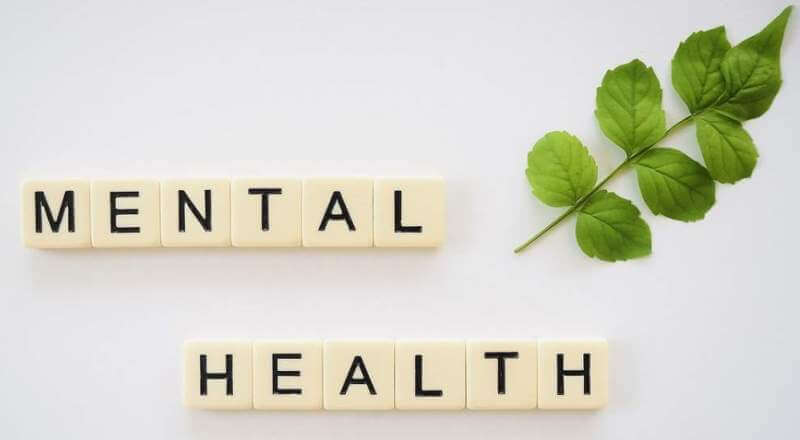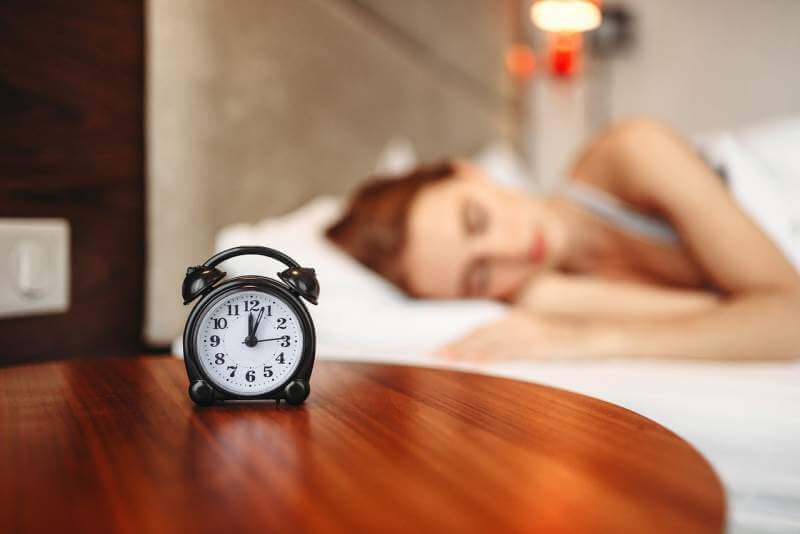Life can be quite difficult at times. Other times, the chaotic nature of daily life simply overwhelms you. It may be accompanied by stress, fear, depression, or anxiety, all of which can have a very harmful impact on your mental health. Managing your emotions and dealing with the challenges we face is a vital aspect of keeping your general health in check, but it’s easier said than done. Taking care of your mental health is a vital aspect of staying fit and happy. There are numerous things you may do to ensure your mental well-being.
What is Mental Health?

Our psychological, emotional, and social health is all a part of our mental well-being. Mental health issues can have an influence on the way we feel, behave and deal with our daily life. They also affect the way we manage stress, interact with other people, as well as makes choices. Mental health is essential at every stage of life from childhood through adulthood and into old age. Simple lifestyle adjustments don’t have to cost a fortune or take up a lot of time. This advice is applicable to anyone. Why not begin right now?
1. Take Sleep Seriously

It’s simple to prioritise that streaming service that’s currently being queried in your recommendation over a good night’s sleep for the majority of the night. Melatonin for sleep However, the voice in your head that says it’s time for bed is always correct. Sleep deprivation or poor quality sleep can have a significant impact on how you feel the next day. It irritates you unnecessarily, impairs your capacity to concentrate, and impairs your decision-making abilities. This means getting enough sleep every night is critical, and you should make sure you’re setting yourself up for a good night’s sleep by taking herbal treatments and avoiding electronic devices before bedtime.
2. Eat healthy and Mindful

There is a strong link between what you eat and your mental health; caffeine and sugar, for example, can have an immediate effect. Your brain, like the rest of your body’s organs, requires a variety of nutrients to stay healthy and function properly. Several mineral and vitamin deficiencies, such as zinc, iron, copper, magnesium, and B vitamins, have been linked to mental illness symptoms such as irritability and mood swings. Best ways to relieve stress : Try to eat as healthy as possible, eat at least three meals per day, and drink plenty of water. If you are a stressed and anxious person, you should limit or avoid caffeine and sugar-related products because they can make you feel nervous and stressed.
3. Avoid alcohol, smoking

While drinking and smoking are not always associated with withdrawal symptoms, they can cause some that have an impact on your mental health. When you have a few shots, you may feel more depressed and anxious the next day, making it difficult to concentrate on your daily activities. Excessive alcohol consumption for an extended period of time can result in thiamine deficiency. Thiamine is essential for brain function, and a lack can result in severe memory problems, motor (coordination) issues, and confusion.
Several people use smoking as “self-medication” to relieve stress. Because nicotine reaches the brain quickly when a person smokes, it improves mood and concentration while decreasing anger and stress. Smocking, on the other hand, has been shown in studies to increase anxiety and tension. The immediate effects of smoking on stress are temporary and are quickly followed by withdrawal symptoms and increased cravings.
4. Activity and exercise

To maintain a healthy mental state, you must engage in regular exercise and physical activity. Physical activity will not only make you feel more accomplished, but it also boosts the brain’s neurotransmitters which help you remain in a positive mood. Training can aid in reducing mood, anxiety, stress, and fatigue, as well as laziness. It’s also linked with a longer life span.
5. Set goals
 Nothing beats a sense of accomplishment. You’ve been waiting for a long time to lose or gain weight, save money for a trip, or receive a promotion. Setting and achieving goals can increase your sense of self-worth and self-esteem. Setting goals is simple, but one thing to remember is that they must be realistic; life is not an unbreakable movie.
Nothing beats a sense of accomplishment. You’ve been waiting for a long time to lose or gain weight, save money for a trip, or receive a promotion. Setting and achieving goals can increase your sense of self-worth and self-esteem. Setting goals is simple, but one thing to remember is that they must be realistic; life is not an unbreakable movie.
Your objectives should be hard, keep you occupied, and play to your strengths. In addition, make sure you’re putting up your best effort to meet your deadlines. If there’s something you’d like to do but aren’t sure how feasible it is, don’t take it seriously at first; instead, try something you enjoy doing as a hobby.
6. Socialize

Due to the COVID-19 pandemic, social distancing may be necessary, yet society does not imply isolation. There are numerous digital methods available to stay in touch with loved ones, including phone calls, video chats, and FaceTime. The quantity and quality of your social interactions are extremely important for your mental health. Socializing may not always include disclosing personal concerns or issues, but it can also imply being compassionate to others in general. Trusting people and gaining trust from others can increase your emotional well-being and self-worth.
7. Ask for help

We all know it’s difficult to say when we’re having a hard time in life, but there’s no shame in it. If you’re stressed, upset, or have a negative emotion, talk to a friend or family member. Talking to someone with an open mind about your worries can help you process your feelings more fully and relieve some of the stress you’re experiencing. Everything you do can help you improve your thinking and overall lifestyle.
8. Train your mind

Mindfulness, meditation, or prayer is all choices. Meditation and prayer can aid in feeling better about your life and yourself. Meditation, as per the research, can make you feel more relaxed and enhance the effects of therapy. While stress is often inevitable, knowing what causes it and how to deal with it is crucial to maintaining good mental health.
9. Get sunlight

Vitamin D is obtainable through sunlight. Vitamin D is essential for our body as well as our mind. It increases the release of substances that boost our mood like serotonin and endorphins which are found inside our brains. If you’re able, go outside in the sun, however, make sure that your eyes and skin are shielded. A daily dose of between 30 and two hours of sun exposure is suggested. Seasonal Affective Disorder (SAD) is an illness that develops when people don’t get enough sun in the season of winter. Some individuals find that the right light therapy lamp can aid in feeling more at ease.
